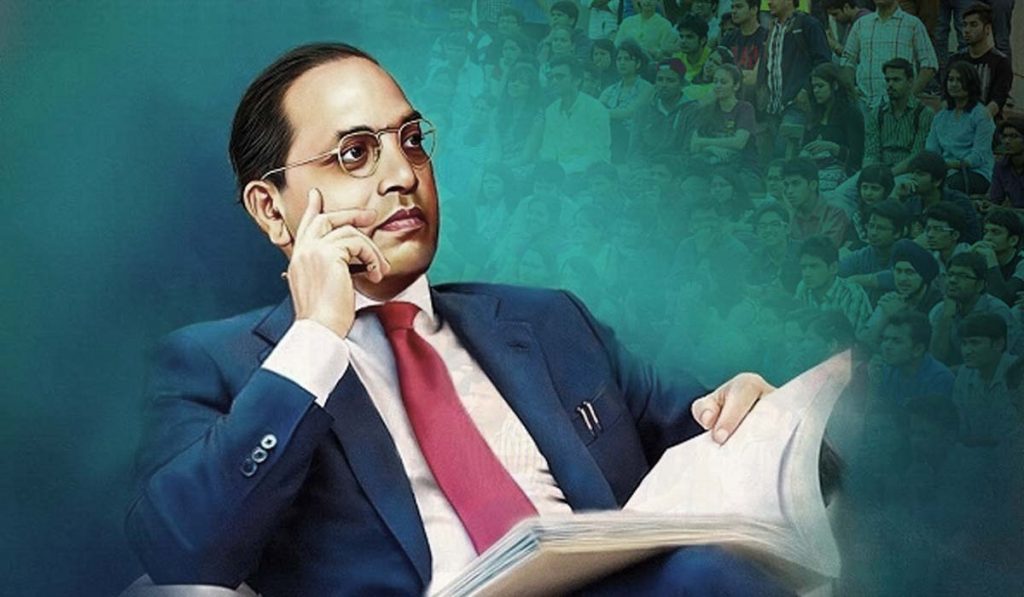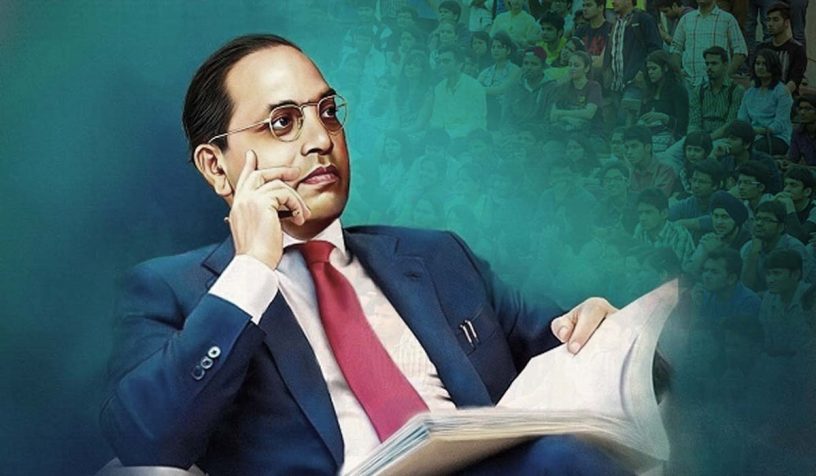
Rather than prescribing intercaste marriage as a remedy for breaking caste, as many scholars tend to claim, B.R. Ambedkar underscored its “futility” in the struggle for a casteless society, says the author.
Author
Saptarshi Mandal, Assistant Professor, Jindal Global Law School, O.P. Jindal Global University, Sonipat, Haryana, India.
Summary
Intercaste marriage is widely seen as an instrument for and an index of social equality. This article makes two interventions aimed at interrogating this perception. First, it shows that legalizing intercaste marriage became politically viable owing to its promise of modernizing Hindu marriage and fostering Hindu solidarity.
Second, by turning to the anti-caste thought of B.R. Ambedkar, it shows that rather than prescribing intercaste marriage, as many scholars tend to claim, Ambedkar underscores its “futility” in the struggle for a casteless society.
Removal of caste restrictions on marriage gave Hindus freedom in spouse selection, but left the material basis of caste unaltered. The article argues that the story of legislating this freedom bears out Ambedkar’s thesis that pursuing freedom in the negative sense in a caste society does little to destroy caste.
Published in: Indian Law Review
To read the full article, please click here.


